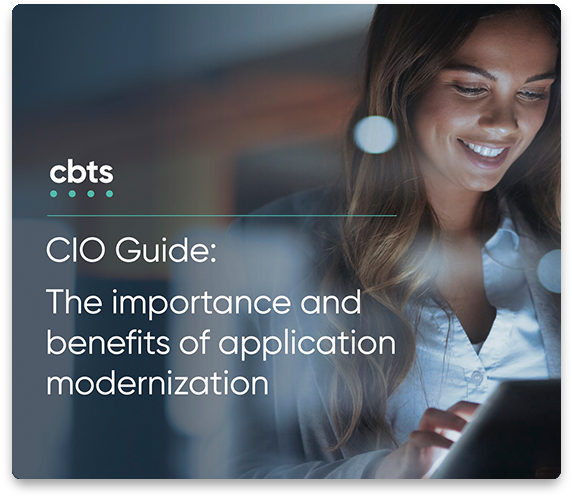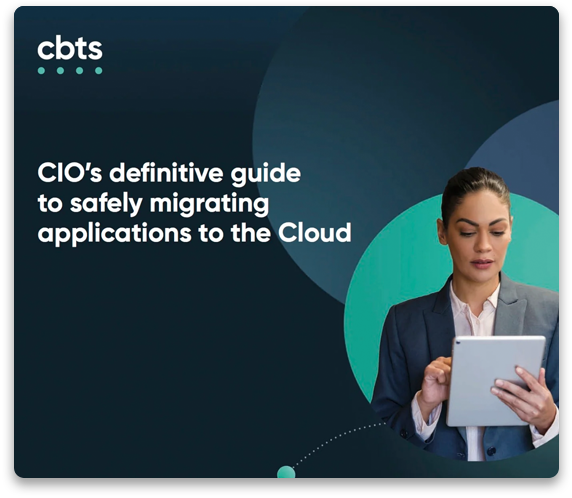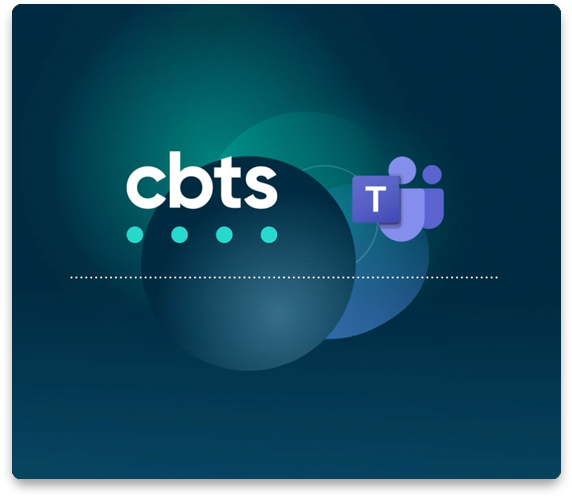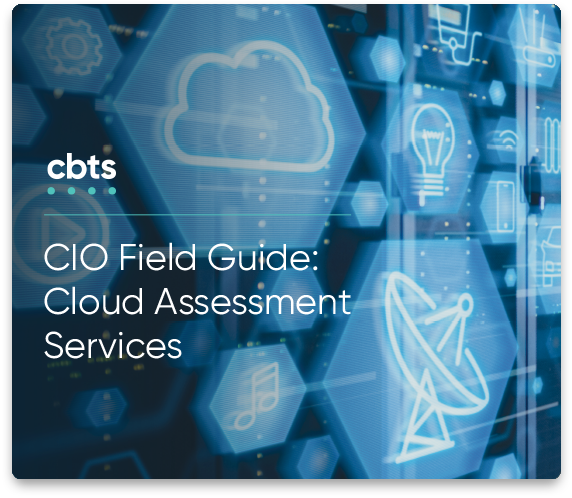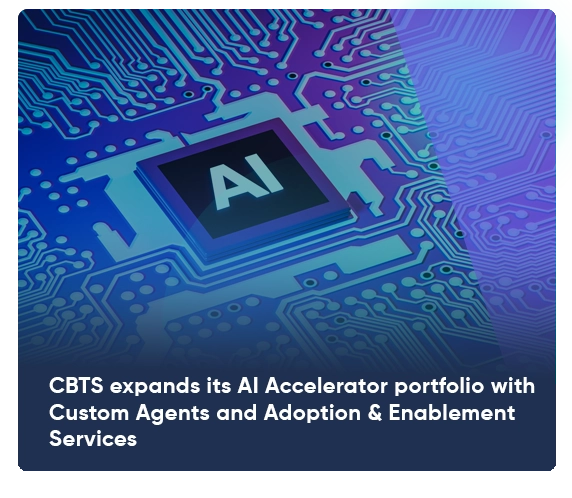Data Visualization
Discover and communicate insights visually

What are Data Visualization services?
Benefits
Our approach
FAQs
Your data tells a story
But that story is often lost in a sea of noise. Only a tiny fraction of data contains the insights that your team needs to make informed decisions in the ever-shifting market. Other areas of our Data Analytics Services help you make sense of actionable data. Data visualization gives you the tools to understand and communicate the story your data tells.
What is Data Visualization?
Data visualization is the practice of representing data points visually.
This includes mediums such as charts, graphs, infographics, or animated videos. It helps break down complex relationships and behaviors into visual representations, making it easier to derive actionable insights.
Data visualization serves four basic functions:
- Idea generation
- Idea illustration
- Visual discovery
- Tracking daily metrics and KPIs
BENEFITS
Benefits of data visualization
Empower data-driven decisions
Data visualization simplifies the process of revealing patterns over time.

Real-time monitoring
Track KPIs in interactive business intelligence dashboards.

Spot warning signs
Visual data makes it simpler to hone in on pain points and threats.

Narrative
Graphically communicate the patterns your data is suggesting to stakeholders.

Predictive analysis
Based on trends, take actions to head off potential downturns.

Clarity
Visually engage with complex patterns and behaviors over time.

Engagement
Engage stakeholders with memorable and compelling visuals.
Companies with mature data analytics and visualization programs are 5x more likely to make faster decisions.
Bain and Company
OUR APPROACH
Why CBTS?
CBTS: Our Own First Customer
We test and optimize all the tools we recommend to our clients based on our own experiences. Our vendor-agnostic approach means our clients can use a best-of-breed methodology that fits the right tools to their unique environment.
Assess
Our engineers analyze existing tools and processes and then make recommendations based on your unique needs.
Design
Design a personalized BI dashboard with custom metrics and KPIs.
Deploy
Implement the dashboard and ensure that data is flowing correctly into it.
Operate
We support your operations with 24x7x365 support.
Visualizing your data is crucial for quickly identifying threats and implementing changes. By converting raw data into visual formats like charts and graphs, you can easily spot patterns, trends, and anomalies that indicate risks or areas for improvement. This clarity enhances decision-making, enabling teams to respond proactively to issues. In short, effective data visualization facilitates faster threat detection and more agile responses within the organization.
FAQs
Top 5 questions
Why does data visualization matter?
Data visualization shifts organizational leaders away from making decisions based on “hunches” or gut feelings. Compelling visualized data can help business leaders make better informed, data-driven decisions up to five times faster than organizations that do not use data analytics.
What are the 5 Cs of data visualization?
The 5 Cs of data visualization—context, clarity, comparison, confidence, and communication—are key principles for effective visual data representation, guiding the creation of compelling and informative visuals.
What are the key components of effective data visualization?
Effective data visualization prioritizes clarity, accuracy, appropriate chart types, and design (color, typography). Contextual elements like labels and legends are vital for comprehension.
What is the role of AI in data visualization?
AI streamlines data visualization by automating pattern identification and adapting dynamic visualizations to user queries, making data exploration intuitive. It refines visual representations to communicate key insights effectively.
How can data visualization improve my organization's decision-making process?
Data visualization simplifies complex datasets into clear graphs and charts, revealing trends and patterns. This methodology enables data-driven decisions and streamlines communication, fostering collaboration toward strategic goals.
Related stories
Schedule a complimentary 30-minute discussion
with a CBTS solution consultant
Talk to one of our experts today to see how we can help your organization modernize, migrate, and support cloud-native applications

